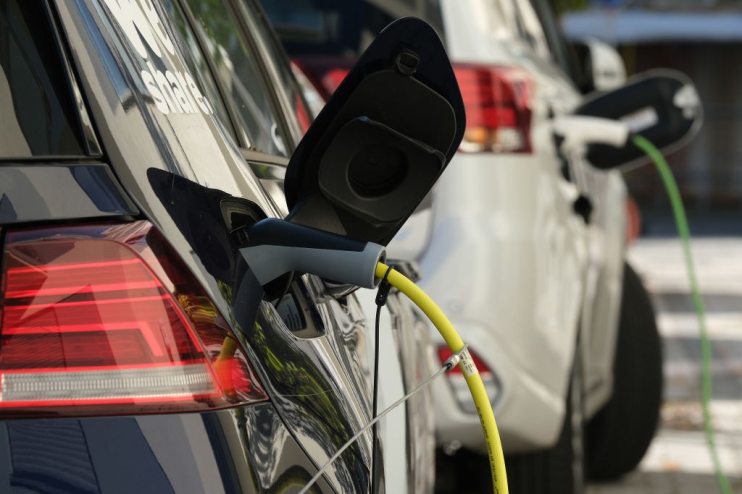Number of EV public chargers goes up but industry calls for more rapid ones

The number of electric vehicle (EV) public chargers has gone on January levels, according to Department for Transport’s (DfT) latest data.
Figures published today revealed that as of 1 April, there were 30,290 EV public chargers across the country, with 5,494 being rapid ones.
The number of both normal and rapid ones increased by 7 per cent, but distribution continues to be geographically uneven, as the gap between London and the rest of the country widens.
According to the data, the UK average is 45 public chargers per 100,000 inhabitants compared to 100 in London.
Scotland takes the lead in terms of public rapid charges, with 13.6 per 100,000 inhabitants – 5.4 per cent more than the national average.
The EV industry welcome the increase but noted that improving the provision of rapid chargers is as important as ramping up deployment.
“EV owners are all too often forced to factor in unnecessary extra hours to journey times due to slow charge points, so increasing the provision of rapid charge points (those at 22kW or above), which can cut charge times in half, is where we really need to see progress,” said Jon Lawes, managing director at car leasing firm Novuna.
“Quick wins can be had by modernising what is already there.”
Despite fast charging concerns, the number of motorists choosing to go electric has increased, going up from 37 per cent in 2019 to 45 per cent today.
“An increasing number of motorists are going electric – or giving it serious thought. Compared to 2019, searches on our site for EVs have increased by 862 per cent,” said James Hind, chief executive of online market place carwow.
“We expect we will continue to see interest in EVs rise over the coming months.
“We are more convinced than ever that the majority of consumers who are buying a new car should now be choosing electric.”
The data follows the government’s £500m pledge to increase the increase the number of public charging spots by a 10-fold by 2030, City A.M. reported.
“Clean transport isn’t just better for the environment, but is another way we can drive down our dependence on external energy supplies,” said Prime Minister Boris Johnson on 24 March.